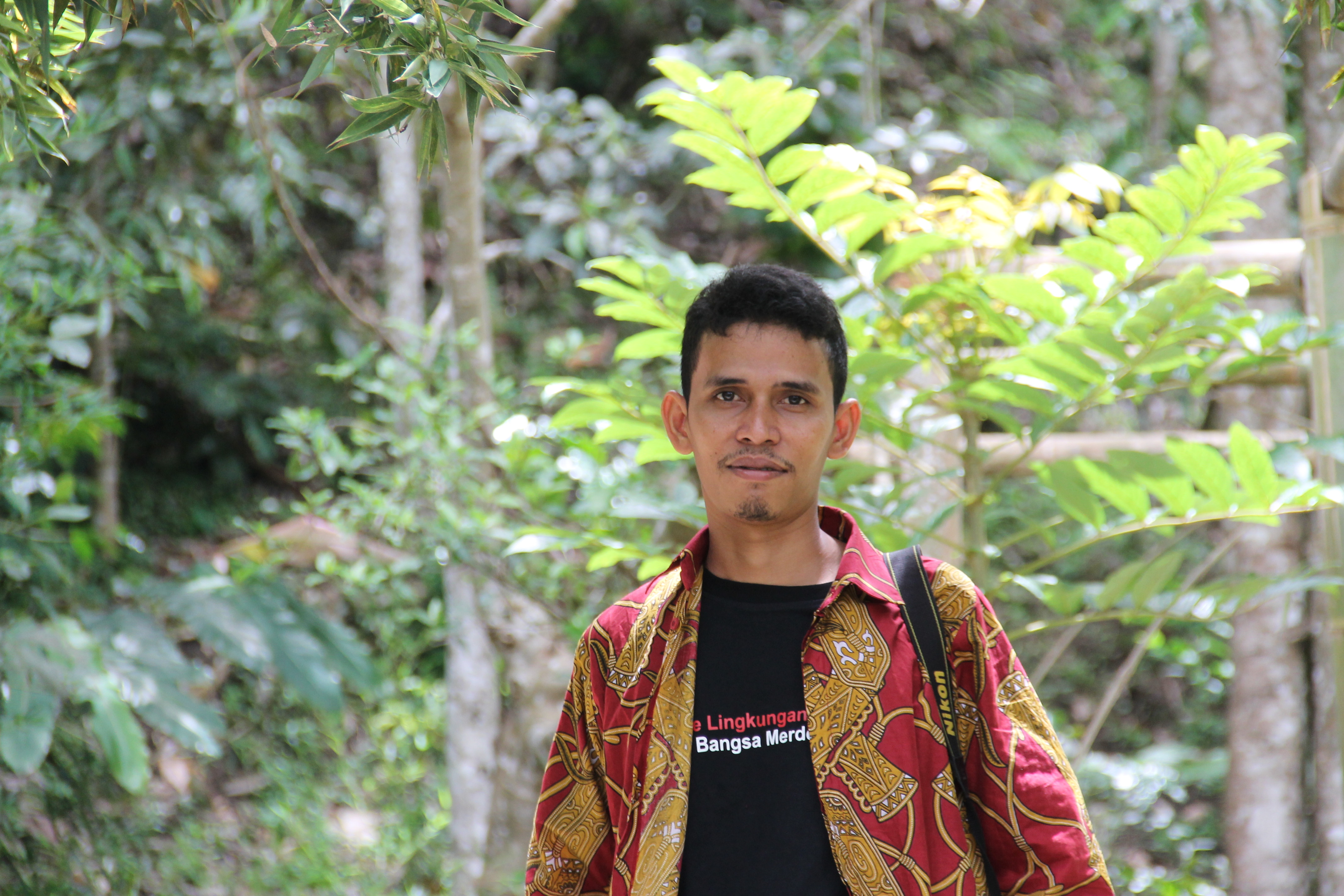Strategies for Strengthening Women's Roles in the Economy |
coffee plantation.
To support women's self-organization in order to increase their independence and contribution in agriculture, community-based participation and empowerment through education and training are strong drivers for increasing sustainable food security, poverty reduction, and social equality (Devendra, 2013).
In line with Devendra, Safrida et.al (2013) in their research on strategies for strengthening women in economic development in Aceh Besar District stated that strategies for strengthening women include:
(1) increasing education through training, including gender issues;
(2) reforming local institutions that marginalize women's roles; and
(3) advocating for men to provide women with the right to be involved in decision-making processes in household, economic, and public activities.
Women also contribute to unequal processes in terms of access to and control of resources and decision-making, thus directly affecting household and community welfare (Dilanthi Koralagama et al., 2017).
Women’s decision-making roles and capacities in agricultural activities vary across households, locations, and cultures/ethnicities. Male and female family members also face unequal access to resources and knowledge.
As a result, they make different choices about technology adoption (Gebre et al., 2019). Gender is still rarely discussed in agricultural extension and technology adoption (Lambrecht et al. 2016). Gender must be of utmost concern when considering the context of sustainable development (Diaz and Najjar, 2019).
According to Khalisuddin et al. (2012), the division of labor between men and women in the Gayo community only lasts from morning to afternoon. However, this scheme is only in rice farming. In the plantation sector, the configuration is different. In working on coffee plantations, there is not much division of labor because it is relatively done together.
The wages men earn from plantations and other main jobs may be sufficient to meet the family’s food needs. However, when we talk about food security, we are also talking about food insecurity.
Sufficient money and food do not guarantee family safety from food insecurity. Every family must have adequate savings, either in the form of money or alternative commodity marketing schemes.
In the event of food insecurity or crisis, the wages of female farmers (wives/mothers) that thicken the family's finances can support family food security. Gayo female farmers always provide second-tier resources. This means that women are not only second-wage earners, but they are also the main bulwark of food security for their families.
However, behind this big role, Gayo female farmers also face unique problems that they cannot solve alone or within their families. From here, they then build networks and form cooperatives which in their development have a significant role in encouraging the strength of family and community food defense.[]

